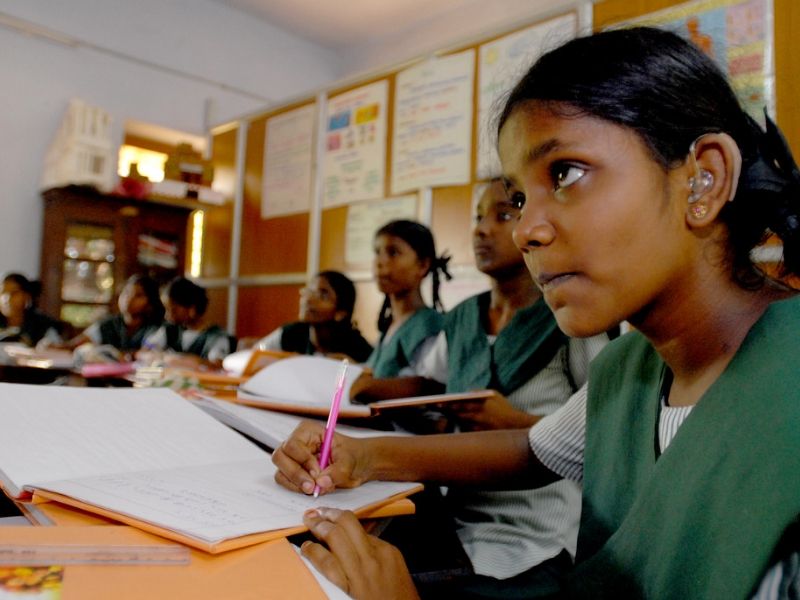The New Education Policy (NEP 2020) approved by the Union Cabinet on Wednesday states that the medium of instruction for children of classes up to V will be in mother tongue/regional language.
However, this NEP 2020 feature contradicts the Supreme Court judgement of June 5, 2014 which held that Article 19(1)(a) of the Constitution of India guarantees the fundamental right of parents to choose the medium of instruction in which their children study in school. A constitutional bench of the Supreme Court rejected a plea of the Karnataka state government to stay the verdict (July 2, 2008) of the Karnataka high court striking down the state’s 1994 language policy mandating Kannada or mother tongue as the medium of instruction in all primary schools — government and private — in the state. The high court had held that (KAMS vs. State of Karnataka & Ors, Writ Petition No. 14363/1994) that the state’s 1994 language policy was violative of the fundamental right of the promoters/owners of unaided or independent primary schools, to establish and administer educational institutions of their choice and of parents/students to choose the medium of instruction for their children.
In its order, the Supreme Court had held that “A child, and on his behalf his parent or guardian, has the right to choose the medium of instruction at the primary stage under Article 19(1)(a) and not under Article 21 or Article 21A of the Constitution.” It also held that State has no power under Article 350A of the Constitution to compel the linguistic minorities to choose their mother tongue only as a medium of instruction in primary schools.
D Shashikumar, general secretary of Associated Managements of English Medium Schools in Karnataka (KAMS) says, “We had raised objections to this proposal of implementing mother tongue or local language as medium of instruction while the committee was drafting the policy. It contradicts the supreme court verdict and violates the fundamental right of parents to choose medium of instruction for the education of their children. If implemented, it will be a contempt of court.” He adds that this feature will further lead to issues that were already resolved by the apex court.
Nooraine Fazal, managing director of Inventure Academy says, “I am disappointed with the medium of instruction proposal, if compulsory. The supreme court had held in Karnataka vs KAMS that imposing compulsory language policy is unconstitutional. Further English is the language of choice for many in India and globally.”
The NEP drafted by Dr K Kasturirangan Committee was submitted in May 2019 and was made public in June last year for feedback. The policy also states that Sanskrit will be “mainstreamed” with strong offerings in school and higher education. It will be included as one of the language options in the three-language formula at schools.
Read: National Education Policy 2020 released, major reforms in school and higher education
